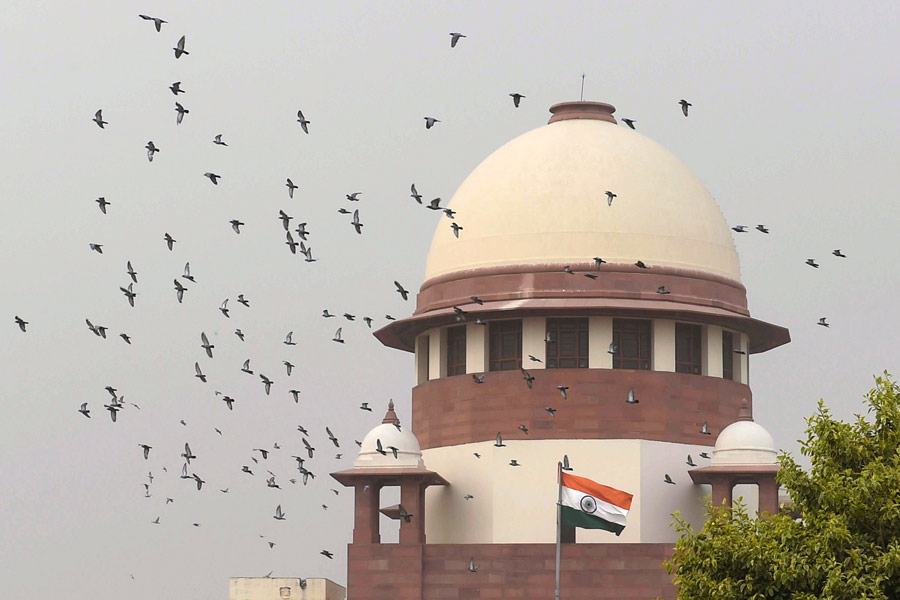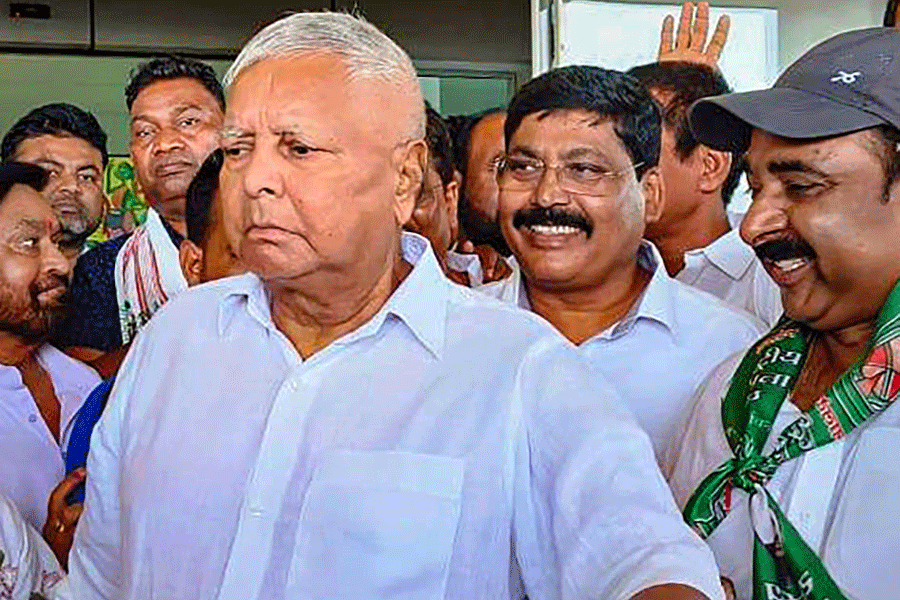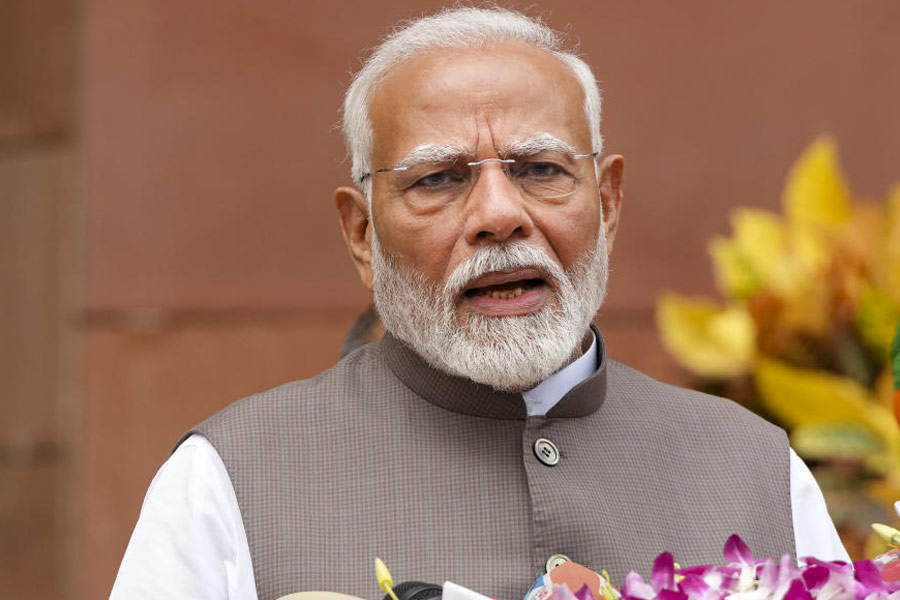The Supreme Court on Monday held that bail conditions allowing an investigating agency to continuously track the movements of an accused violate the right to privacy guaranteed under Article 21 of the Constitution.
A bench of Justices Abhay S Oka and Ujjal Bhuyan, which deleted a bail condition imposed on Nigerian national Frank Vitus in a drugs case that mandated him to drop a PIN on the Google map to ensure that his location is available to the investigation officer of the case, said this court has held that bail conditions cannot be "fanciful, arbitrary or freakish".
The bench said, "The investigating agency cannot be permitted to continuously peep into the private life of the accused enlarged on bail, by imposing arbitrary conditions since that will violate the right of privacy of the accused, as guaranteed by Article 21." It said if a constant vigil is kept on every movement of the accused released on bail by the use of technology or otherwise, it will infringe the rights of the accused guaranteed under Article 21, including the right to privacy.
"The reason is that the effect of keeping such constant vigil on the accused by imposing drastic bail conditions will amount to keeping the accused in some kind of confinement even after he is released on bail. Such a condition cannot be a condition of bail," it said.
The bench said imposing any bail condition which enables the police/investigation agency to track every movement of the accused released on bail by using any technology or otherwise would undoubtedly violate the right to privacy guaranteed under Article 21.
"In this case, the condition of dropping a PIN on Google Maps has been incorporated without even considering the technical effect of dropping a PIN and the relevance of the said condition as a condition of bail. This cannot be a condition of bail. The condition deserves to be deleted and ordered accordingly," it said.
The court said in the case at hand, it is dealing with a case of the accused whose guilt is yet to be established and so long as he is not held guilty, the presumption of innocence is applicable.
"He cannot be deprived of all his rights guaranteed under Article 21. The courts must show restraint while imposing bail conditions. Therefore, while granting bail, the courts can curtail the freedom of the accused only to the extent required for imposing the bail conditions warranted by law," the bench said in its order, which was reserved on April 29.
Underscoring that bail conditions cannot be so onerous as to frustrate the order of bail itself, the bench said the court may impose a condition of periodically reporting to the police station/court or not travelling abroad without prior permission.
"Where circumstances require, the court may impose a condition restraining an accused from entering a particular area to protect the prosecution witnesses or the victims. But the court cannot impose a condition on the accused to keep the police constantly informed about his movement from one place to another. The object of the bail condition cannot be to keep a constant vigil on the movements of the accused enlarged on bail," it said.
The top court said the accused is bound by the conditions imposed while granting bail and if he, after being enlarged on bail, commits a breach of bail conditions or commits any offence, the courts always have the power to cancel the bail.
"A condition cannot be imposed while granting bail which is impossible for the accused to comply with. If such a condition is imposed, it will deprive an accused of bail, though he is otherwise entitled to it," it said.
It added that the object of imposing conditions of bail is to ensure that the accused does not interfere or obstruct the investigation in any manner, remains available for the investigation, does not tamper with or destroy evidence, does not commit any offence, remains regularly present before the trial court, and does not create obstacles in the expeditious conclusion of the trial.
"The courts have imposed a condition that the accused should cooperate with the investigation when bail is granted before filing the final report or charge sheet. Cooperating with the investigation does not mean that the accused must confess," it said, adding that the bail conditions must be consistent with the object of imposing conditions.
While imposing bail conditions, the constitutional rights of an accused, who is ordered to be released on bail, can be curtailed only to the minimum extent required, it said.
"Even an accused convicted by a competent Court and undergoing a sentence in prison is not deprived of all his rights guaranteed by Article 21 of the Constitution," the bench pointed out.
The top court also deleted another condition imposed on Victus by the Delhi High Court that he will have to obtain a certificate from the Embassy/High Commission of Nigeria that he shall not leave the country and shall appear before the court as and when required in the Narcotic Drugs and Psychotropic Substances Act case.
Victus was arrested on May 21, 2014 in the case and was released on bail on May 31, 2022 subject to various terms and conditions incorporated in the said order.
He moved the apex court challenging the twin conditions imposed by the high court – sharing of Google PIN location with the investigating officer and obtaining a certificate from the embassy.
Except for the headline, this story has not been edited by The Telegraph Online staff and has been published from a syndicated feed.











